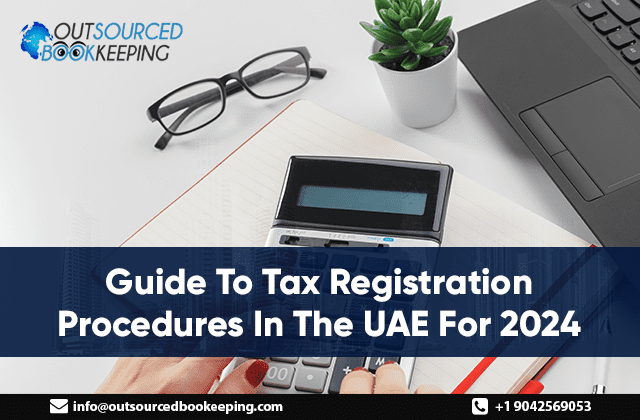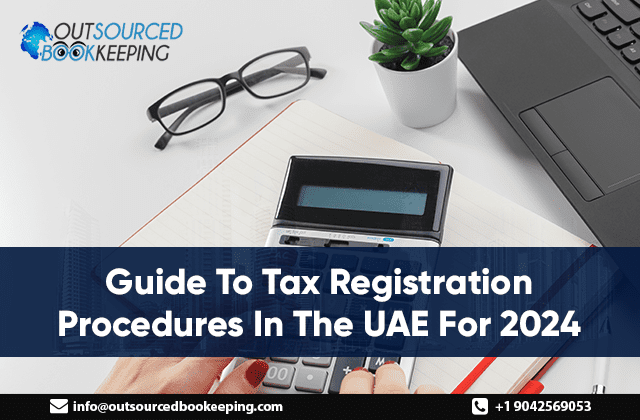The issue of tax registration procedures is often quite intricate and challenging to address, particularly in the context of the contemporary environment that is rapidly changing, such as the UAE.
By 2024, there have been impressive advancements in the efficiency of the taxation system in the UAE where the companies are assisted to fully and effortlessly meet their legal obligations and consequently concentrate on their progress. In this article, you will find step-by-step guide on the tax registration application process in UAE so you know what you may need to be fully compliant.

Who Needs to Register for Tax?
Not all UAE businesses are required to register for VAT or Excise Tax.
- Mandatory VAT Registration: Businesses must register for VAT if their taxable supply turnover exceeds AED 375,000.
- Voluntary VAT Registration: Businesses with a turnover above AED 187,500 can voluntarily register for VAT. This allows them to claim input VAT.
- Excise Tax Registration: Manufacturers, importers, and those storing excisable goods must register for Excise Tax.
Procedure to Register for VAT in the UAE
- Sign Up on the FTA Portal: Create an e-services account and provide basic business details such as your trade license, contact information, and banking details.
- Complete the VAT Registration Form: Enter accurate details about your business operations, sales, turnovers, and estimated taxable supplies.
- Submit Supporting Documents: Include documents like a trade license, passport and Emirates ID copies, proof of business address, and audit reports.
- Approval Process: The FTA reviews your application. If approved, you receive a VAT registration certificate and a Tax Registration Number (TRN). This process may take up to 20 working days.
-
Procedure to Register for Excise Tax in the UAE
-
- Sign Up on the FTA Portal: Create an account like for VAT registration.
- Complete the Excise Tax Form: Enter detailed information about your operations involving excisable goods.
- Submit Required Documents: Provide the same documents as required for VAT registration.
- Approval and Certification: Once approved, the FTA issues an Excise Tax Registration certificate.
Post Registration Compliance
- VAT Compliance: Ensure invoices include your TRN and VAT amount. File VAT returns through the FTA portal and make timely payments to avoid penalties.
- Excise Tax Compliance: Report changes in stock regularly and file monthly excise tax returns. Pay on time to avoid penalties.
-
Tax Registration Exemptions
You may be exempt if you do not intend to import or handle excise goods for regular consumption in a Designated Zone. Activities within six months involving excisable goods must align with the exemption criteria.
Notify the authorities within 20 days if exempt. Non-compliance with exemption conditions could lead to immediate tax registration by the authorities.
Benefits of Timely Tax Registration
- Avoid penalties or legal issues.
- Demonstrate compliance to enhance your company’s reputation.
- Claim VAT on business-related purchases.
Conclusion
To summarize, tax registration in the UAE is not an onerous exercise with the help of proper guidance. Failing to meet the requirements of the tax laws as well as remaining updated regarding the current tax laws is crucial for not only maintaining compliance but also in strategic planning to take advantage of the dynamics of conducting business in one of the most prosperous economies in the world. For personalized assistance, consider consulting with tax consultants, such as Outsourced Bookkeeping who can navigate the specifics of your industry and business model.









